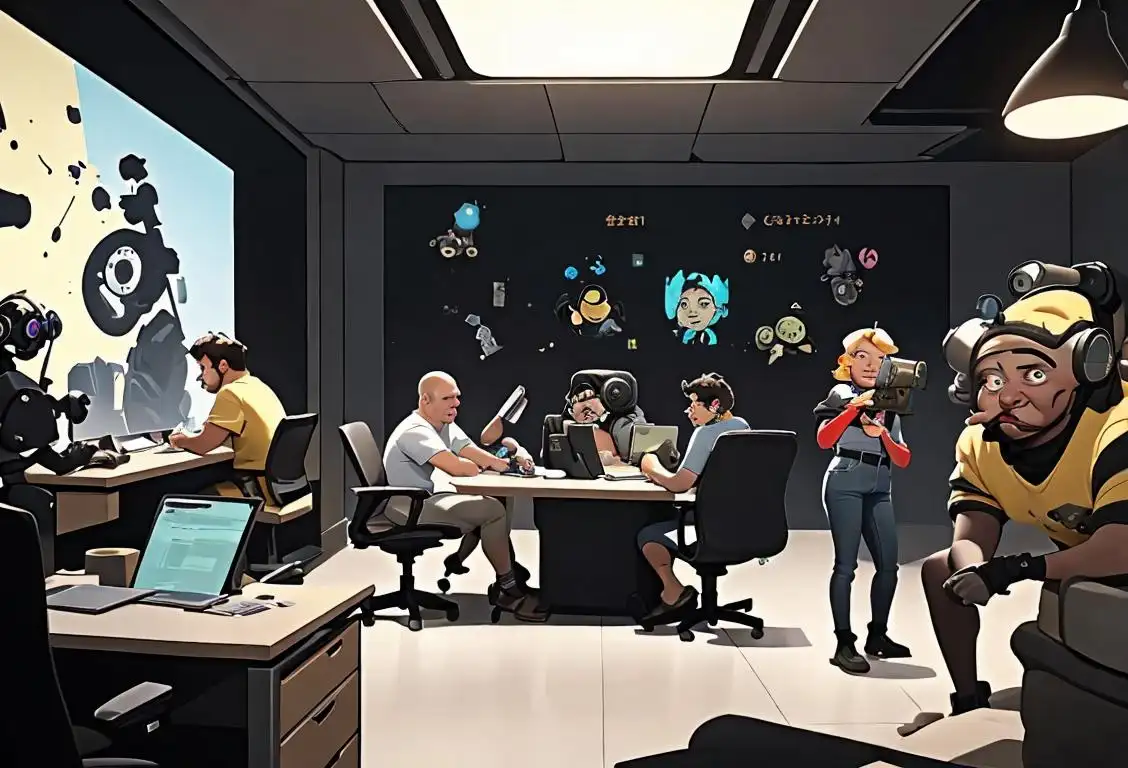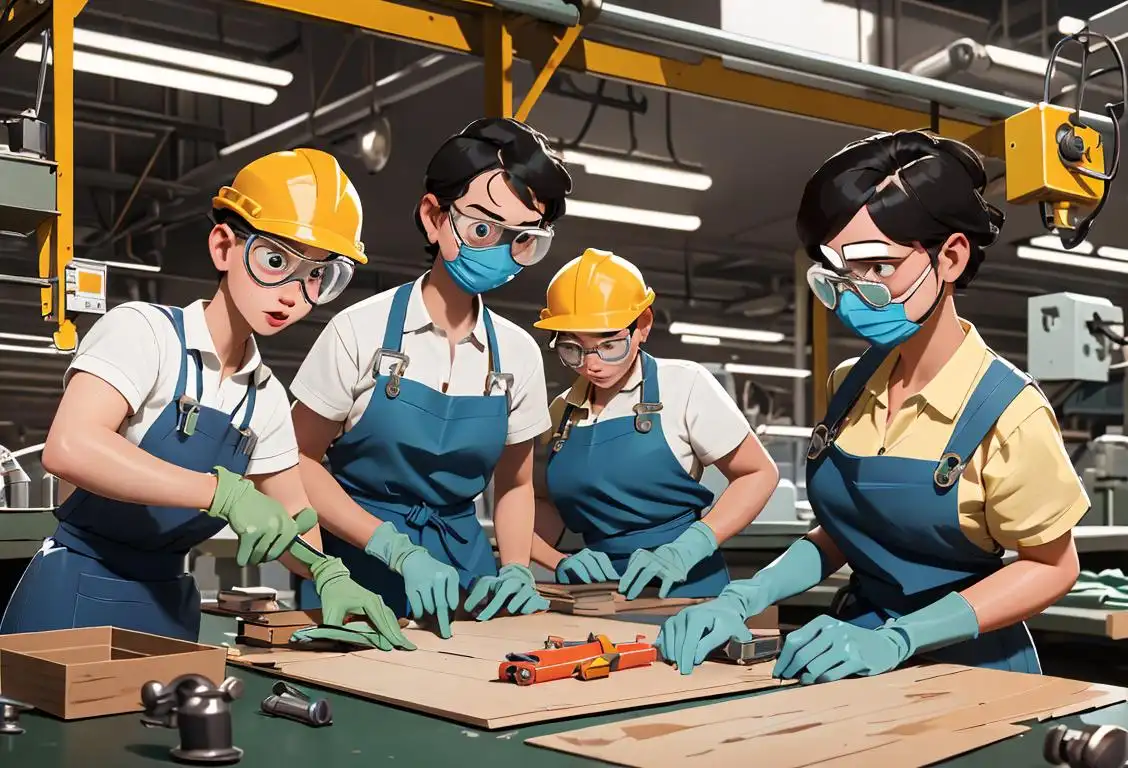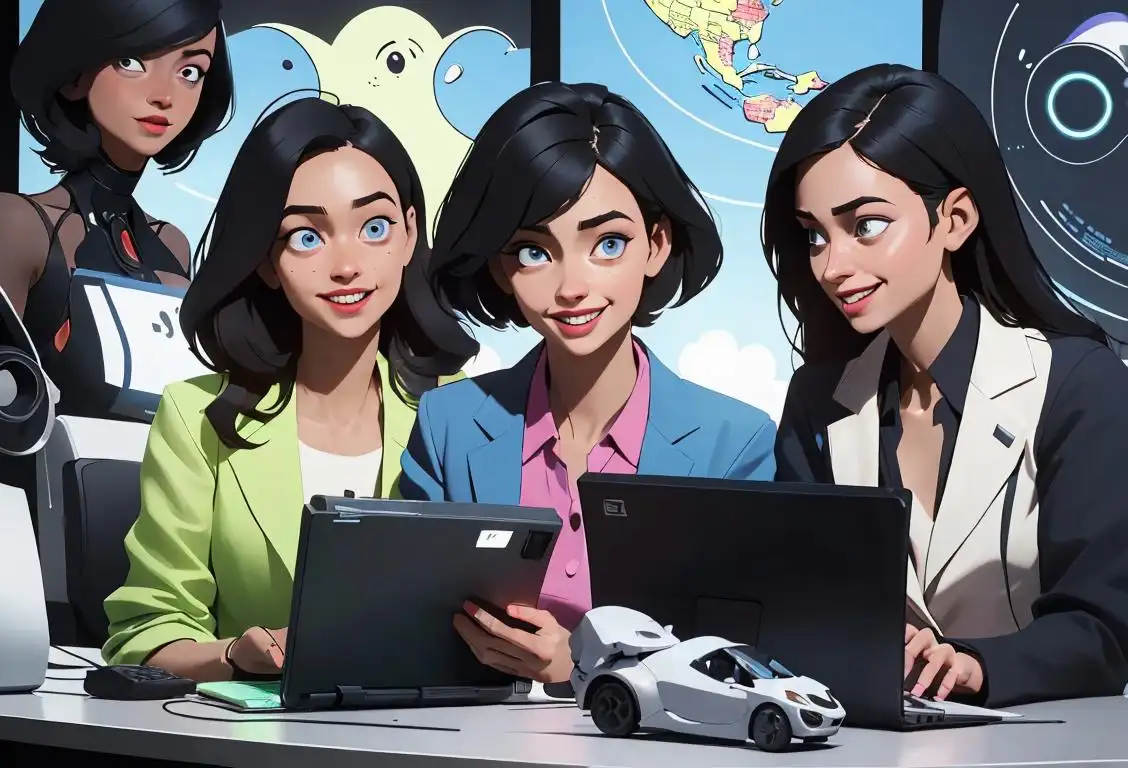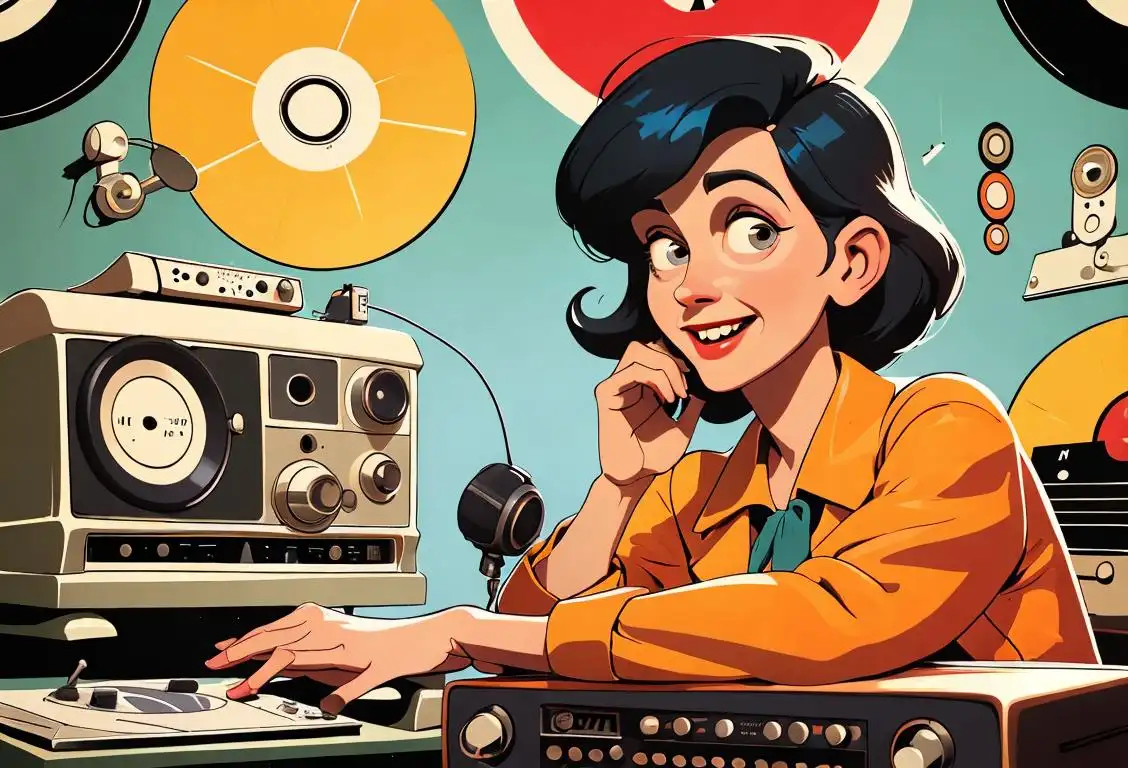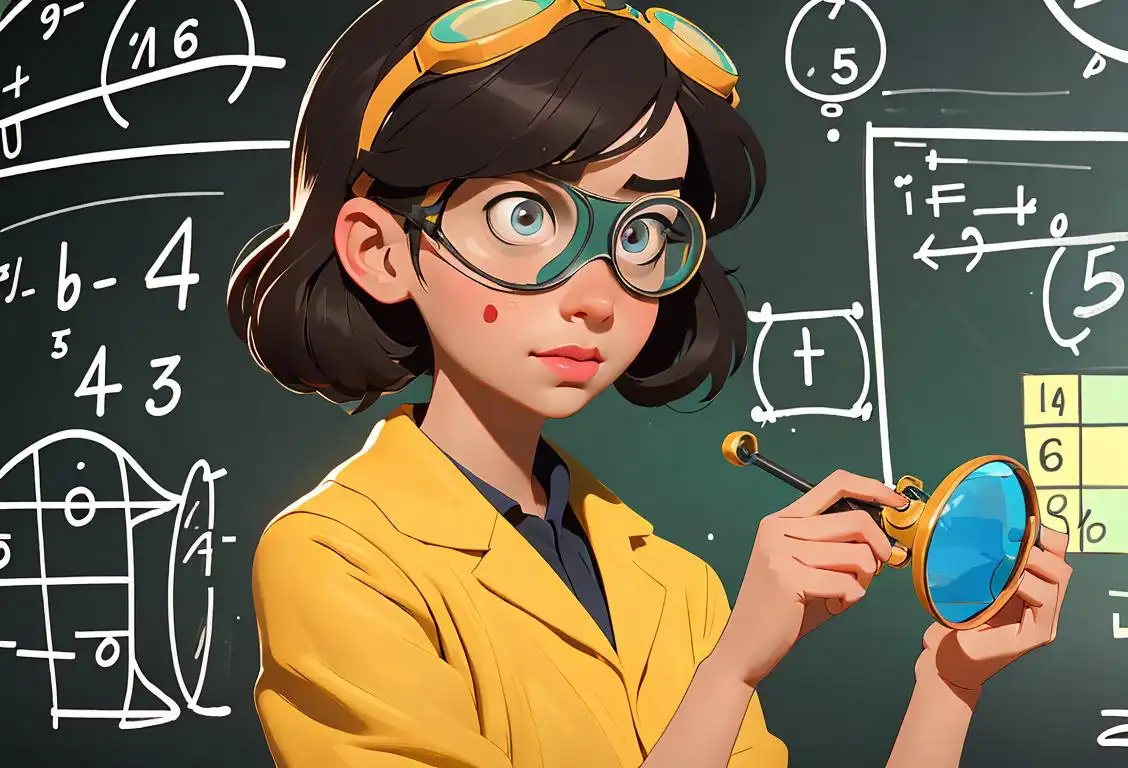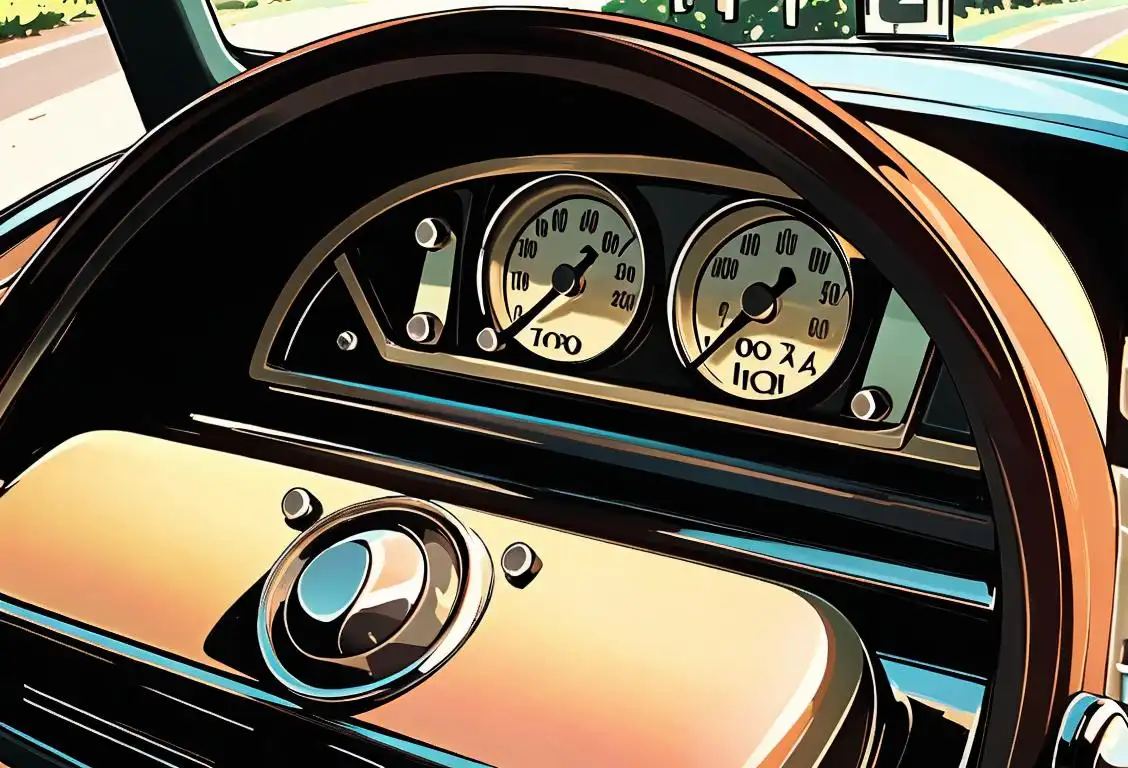National Fax Day
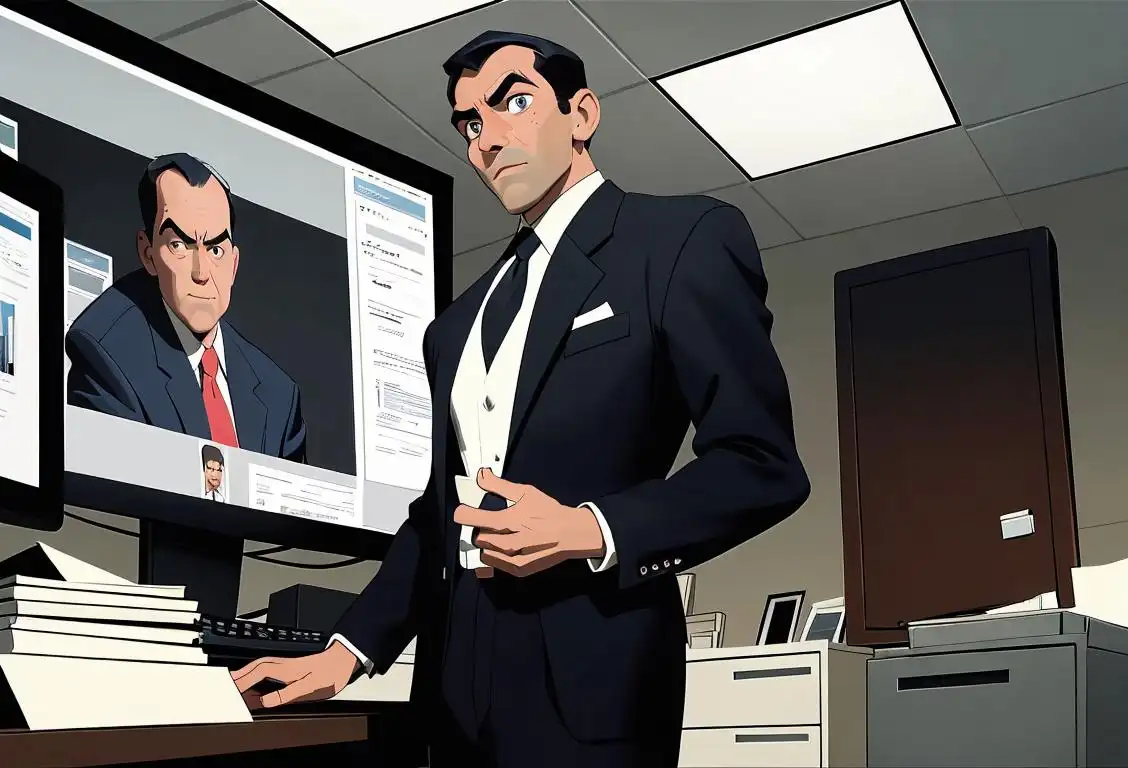
Who thought that a machine that sends paper through telephone lines could ever become a national celebration? But here we are, celebrating National Fax Day!
When is Fax Day?
It's national fax day on the 16th July.
The Origins of National Fax Day
Believe it or not, the development of fax technology dates back to the 19th century. The first fax-like device, known as the 'teleautograph,' was patented by Elisha Gray in 1888. However, it wasn't until the late 20th century that fax machines became widely used and popular.
Fast forward to the Internet age, where emails and instant messaging rule the digital realm. Fax machines have become less commonly used, but they still hold a special place in our hearts. National Fax Day aims to commemorate the bygone era of faxing and appreciate the fascinating technology that once connected people across the world with a satisfying whirring sound.
How to Celebrate National Fax Day
Now, celebrating National Fax Day doesn't mean you have to dust off that old fax machine lurking in your basement. Instead, use this day to reminisce about the past and appreciate how far communication technology has come.
1. Share Funny Fax Stories: Gather your friends and loved ones and share hilarious fax-related tales. Remember those days when you accidentally sent a personal fax to the office printer? Good times!
2. Fax-Themed Party: Throw a retro-themed party and transform your living room into a fax wonderland. Decorate with paper airplanes, fax machine props, and create a playlist featuring fax machine sound effects.
3. Send a Virtual Fax: If you want to keep things digital, send a virtual fax by attaching a funny fax-themed GIF or image to an email. It's a modern twist on an old classic.
Did You Know?
Fax machines were a staple of office life in the 1980s and 1990s. Not only were they used for sending documents, but they also became an impromptu copier — just lay the sheet on the fax machine and press 'copy.'
History behind the term 'Fax'
1843
The Invention of the Fax Machine
In 1843, Scottish inventor Alexander Bain patented the first concept of a facsimile machine, known as the "fax" machine. This early version of the fax machine used a stylus to scan an image line by line, and then electrically transmitted the information.
1861
The First Successful Fax Transmission
In 1861, Giovanni Caselli, an Italian physicist, successfully demonstrated the first practical fax machine. The machine, called the Pantelegraph, used a revolving drum and an electrically conductive scanning stylus to transmit images over long distances via telegraph lines.
1924
Telephotography and Wireless Fax
In 1924, telephotography, or the transmission of images over wire, became widely used when Western Union introduced the "Wirephoto" service. The machine used a combination of telephone and telegraph wires to transmit photographs. This was an important step in the development of fax technology.
1964
Xerox Introduces Commercial Fax Machines
In 1964, Xerox Corporation introduced the first commercial fax machine, called the Xerox Magnafax Telecopier. This machine used telephone lines to send and receive documents, and quickly became popular in businesses worldwide. The Xerox Magnafax Telecopier was a significant milestone in the history of fax machines.
1985
CCITT Standardization and International Faxing
In 1985, the International Telegraph and Telephone Consultative Committee (CCITT) established the Group 3 fax standard. This standard facilitated the worldwide interoperability of fax machines, enabling businesses and individuals to send fax documents internationally. The CCITT standardization greatly expanded the use of fax technology.
1990s
Fax Machines in Every Office
During the 1990s, fax machines became a common sight in offices around the world. The convenience of sending and receiving documents instantly without the need for physical mail made fax machines an essential tool for businesses. This widespread adoption marked the peak of fax machine usage.
Digital Age
Transition to Digital Faxing
With the advent of the digital age, faxing also evolved. Traditional fax machines started to be replaced by digital fax solutions, such as email-to-fax and online fax services. These digital alternatives allowed users to send and receive faxes through computer networks and the internet, eliminating the need for physical fax machines.
Present Day
Faxing in the Modern Era
Although faxing has declined in popularity due to advancements in email and electronic document sharing, it continues to be used in certain industries that require legal or secure document transmission, such as healthcare and legal services. Fax machines, while less prevalent, can still be found in some offices, and digital faxing solutions have become the norm for many businesses.
Did you know?
Fax machines were a staple of office life in the 1980s and 1990s. Not only were they used for sending documents, but they also became an impromptu copier — just lay the sheet on the fax machine and press 'copy.'Tagged
fun technologyFirst identified
16th July 2020Most mentioned on
16th July 2020Total mentions
4Other days
Techies Day
Skyscraper Day
Manufacturing Day
It Professionals Day
Stockpile Website A Day
Battery Day
Video Games Day
Radio Day
Stem Day
Odometer Day
